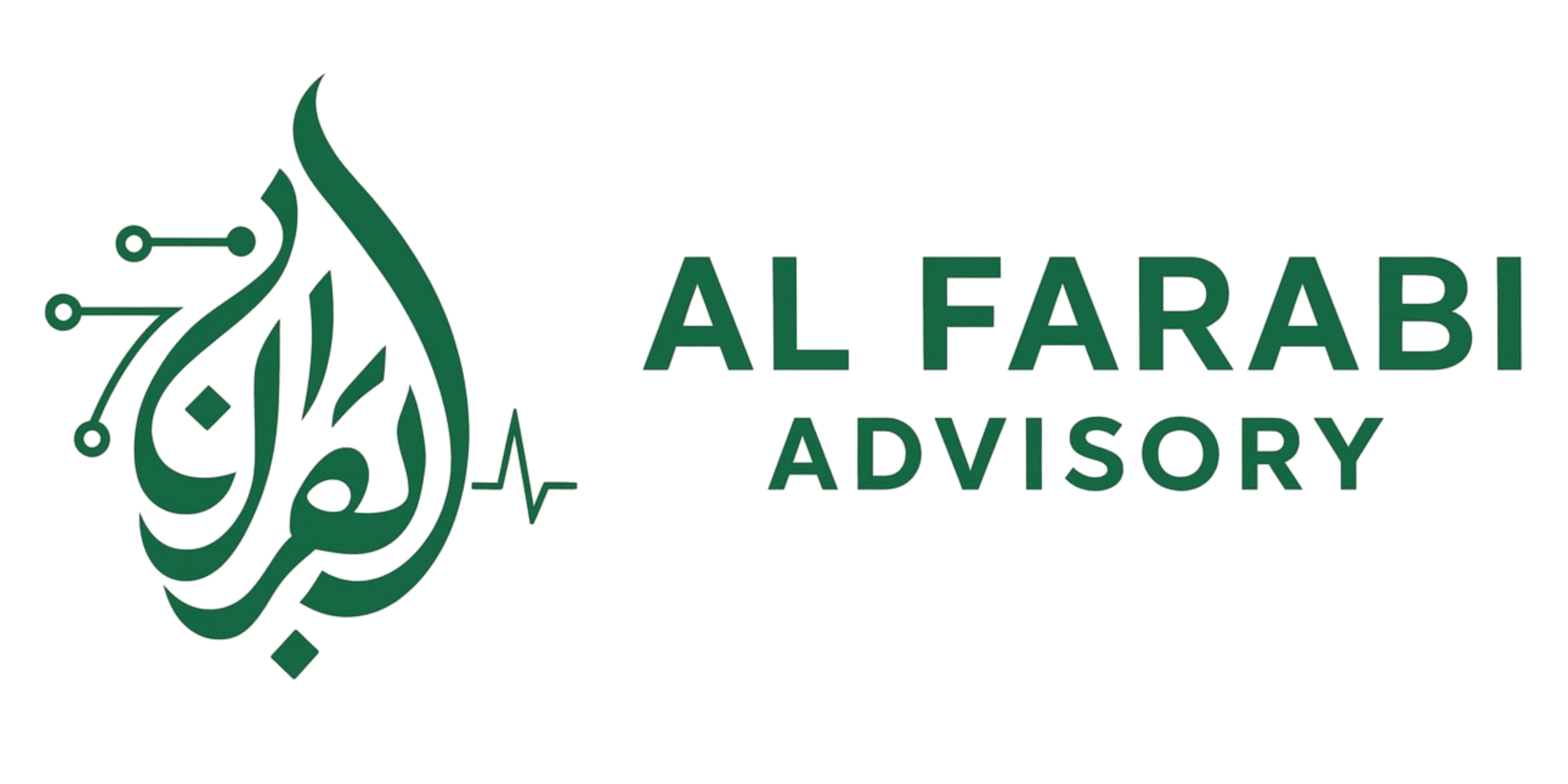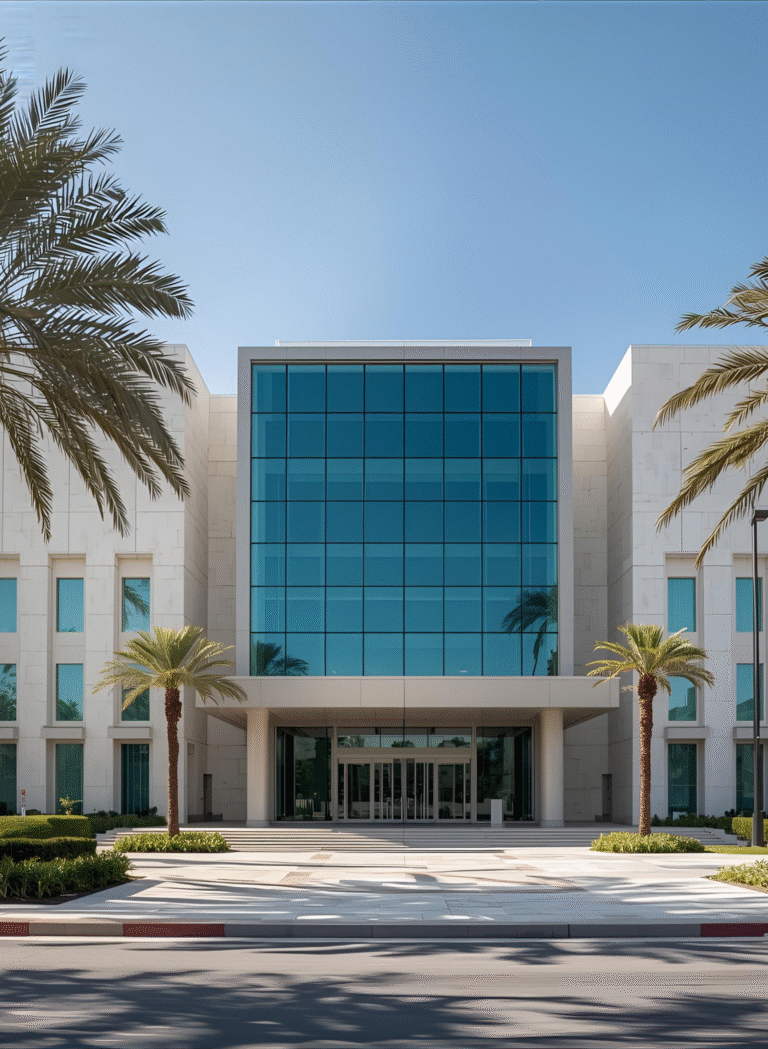The GCC healthcare market has reached $95+ billion with private facilities growing 15% annually. Yet less than 5% have adopted advanced AI, creating a massive opportunity window. Early movers are already capturing 25-40% competitive advantage while others watch from the sidelines.
72% of patients now research providers online before booking, and 65% prefer digital appointment systems over phone calls. Yet most GCC clinics still operate like it's 2015. The digital experience gap is quietly driving patient migration to more responsive competitors—and once patients switch, they rarely return.
While 80% of healthcare executives claim they're considering AI investment, actual implementation remains under 5%. The barriers aren't technical—they're knowledge gaps and vendor confusion. Facilities that move now face minimal competition and can dominate their markets for the next 3-5 years before AI becomes table stakes.
From Bahrain's NHRA digital health frameworks to Saudi Arabia's Vision 2030 healthcare incentives, the regulatory landscape has shifted dramatically. New mandatory EMR requirements, streamlined licensing processes, and AI innovation grants are creating both opportunities and compliance requirements that facilities cannot ignore.
Multi-specialty centres in the GCC average 15-25% EBITDA margins with patient acquisition costs of BHD 150-250. But AI-enabled facilities are seeing radically different numbers: 30-50% lower acquisition costs and 5-12 percentage point margin improvements. The performance gap between traditional and AI-powered operations is widening fast.
The GCC healthcare market lacks integrated expertise. Al Farabi Advisory bridges this gap with deep operational knowledge, AI capability, and strong local presence.






